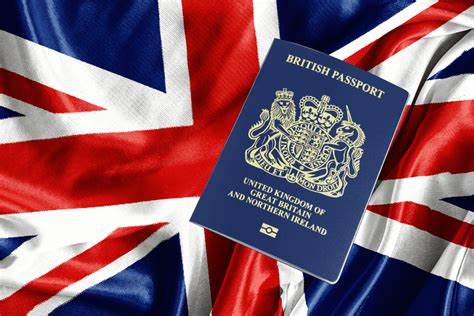The Impact of Government Support During the Pandemic: A Tale of Contrast Between Nigeria and Other Countries
During the pandemic, many countries, including the United States, Canada, and the UK, took decisive action to repatriate their citizens stranded in mainland China. In stark contrast, Nigeria’s response was to instruct its citizens to “sort themselves out.” This lack of support has gone largely unaddressed, raising questions about the government’s commitment to its citizens during times of crisis.
Comparative Support for Citizens:
While citizens of other nations received essential support, Nigerians faced significant challenges. In Canada, for instance, the government provided approximately $2,000 in COVID-19 relief to individuals, while New Zealand consistently paid monthly benefits to those who lost their jobs due to the pandemic. Universities in these countries also stepped up to support their students financially, with many students receiving funds, including myself, who received $2,500 in direct support.
Conversely, Nigeria stored COVID-19 palliatives donated by international NGOs, allowing them to decay in warehouses while citizens suffered. This situation only became public knowledge when desperate crowds discovered and looted the warehouses, highlighting the dire conditions faced by many Nigerians during the pandemic.
The Safety Net of Citizenship:
Citizenship in countries like the United States, Australia, Canada, and New Zealand comes with a robust safety net that provides significant diplomatic support during international crises. For instance, in my travels, I have witnessed the confidence with which American and Canadian citizens navigate various situations abroad, knowing that their governments will back them up in tricky diplomatic circumstances.
A poignant example is a Dutch woman who lost her passport in Colombia and received an emergency replacement from her embassy on the same day. In stark contrast, Nigerians traveling abroad often find themselves in precarious situations, with many languishing in foreign prisons, receiving little to no assistance from their own government. This disregard for citizens abroad reinforces the notion that when Nigerians travel, they often do so alone, with no safety net to catch them if something goes wrong.
The Japa Phenomenon:
This is why the trend known as “Japa”—a term that signifies the act of leaving Nigeria for better opportunities abroad—has become a significant achievement for many. Achieving permanent residency or citizenship in a more supportive country represents an even greater milestone. The allure of leaving behind a system that fails to protect its citizens for one that values and safeguards its people is a powerful motivator.
Conclusion:
In summary, the contrast between the support provided by countries like Canada and New Zealand during the pandemic and the lack of assistance from the Nigerian government sheds light on the broader issues facing Nigerian citizens both at home and abroad. As more individuals seek better opportunities through “Japa,” the desire for a supportive environment that prioritizes the welfare of its citizens remains paramount. It’s a stark reminder that in times of crisis, government support is crucial for the safety and well-being of its people.


